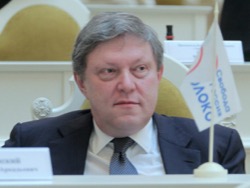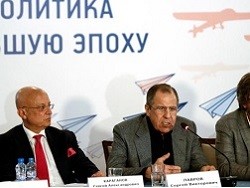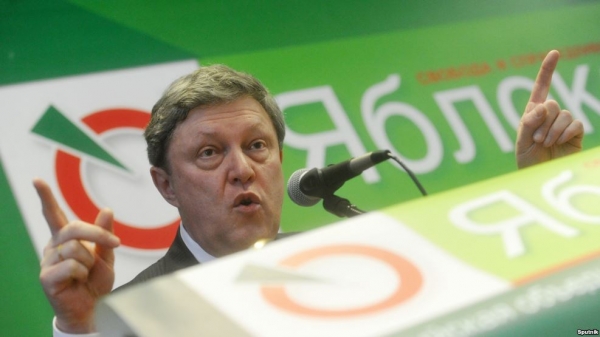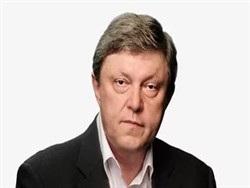
The well-known politician, head of the Yabloko faction in the Legislative Assembly of St. Petersburg Grigory Yavlinsky critically embraced the upcoming changes in the foreign policy doctrine of Russia.
“Promises to edit Lavrov, Russia’s foreign policy. Together with Pakistan will build a “multipolar world”, —wrote Grigory Yavlinsky in his Facebook.
“Polycentric in Russian understanding is when, for example, torture is prohibited, but permitted in us; there is the right to life has a value, but here there is none; there to lie in politics is bad, and we have normal matter and so on. Here it is — “multipolarity”!” — continued opposition.
According to the MP, “polycentric architecture” in foreign policy is when Russia believes that she, along with Kyrgyzstan, Kazakhstan, Tajikistan, Uzbekistan and Pakistan (countries of the SCO) have created a “pole of power” by combining modes, which have common only that they all reject the modern politics of liberty, democracy, human rights and all the forces are opposed by the EU and the US.
“Here they are — the country-the heroes who finally put Americans and Europeans a dominant position in the world and forced to reckon with Russia!” — thus ends the message Yavlinsky.
Earlier the Russian foreign Minister Sergey Lavrov said that the Ministry was developing a new version of the concept of foreign policy of the country. The corresponding order was made by the President Vladimir Putin. According to Lavrov, the basis of the new concept should lie “the shift to polycentric architecture” of international relations that “ideally, in the future should be based on the interaction of leading powers in the interest of joint solution of global problems”.








